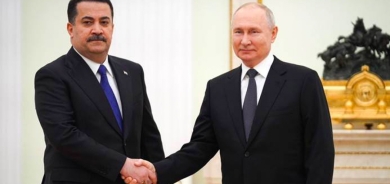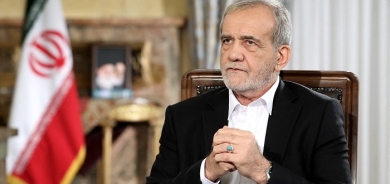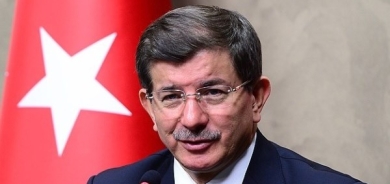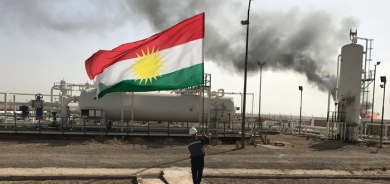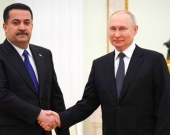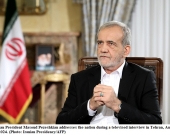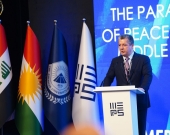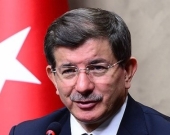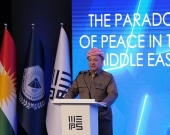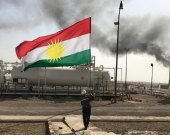Activists risk arrest to end death penalty in Iran
The activists working in Iran’s Kurdistan province work to secure commutation of sentences or releases for people sentenced to death by hanging for crimes including murder. “We have done some work but it’s not enough. Here people believe that you have to be punished with execution,” Aram Fatihi, 30, a civil activist in Mariwan told Rudaw English on Saturday.
“We don’t ask for a pardon or no punishment for someone who has committed a crime, we’re just against execution as a punishment,” he said. “What is important to us is that execution in any situation is not a solution… There should be an alternative.”
In 2020, Iran executed 267 people, including at least four child offenders, according to United Nations figures.
“Iran's high death penalty rate continues to be troubling,” UN Special Rapporteur on Human Rights in Iran Javaid Rehman said in his latest report.
According to Rehman, in January and February this year, more than 40 people have been executed in Iran. “These figures include a disturbingly high proportion of prisoners from the Baloch minority in recent months. I am especially alarmed that the death penalty is applied for acts that should not be considered crimes, let alone amounting to most serious crimes,” said Rehman.
Pre-mediated murder, rape, drug trafficking, and corruption can carry the death penalty in Iran.
Fatihi says their campaign has succeeded in getting death penalties lifted in about 20 cases in the past two years. Six of the people they campaigned for were executed.
Women’s cases are “much harder” to work on, because society frowns on women convicted of crimes more than they do men, according to Fatihi.
Many women convicted of murdering their husbands had “legally asked for divorce more than 20 times, but because Iran is an Islamic country they don’t take their words into account unless the man asks for it, they were married off as a child, not supported by their families, or they have been assaulted. They’re victims either way because the murders they commit are because they are forced to,” said Fatihi.
Girls as young as 13 can marry under Iranian law. More than 16,000 girls aged between 10 and 14 were married in the first half of the current Iranian calendar year, according to official government figures reported by the UN, which called for urgent reform, voicing concern regarding domestic violence against women, discrimination and “treating Iranian women as second-class citizens.”
Most of the cases Fatihi and his team campaign for are murder or honour killings, cases people aren’t as sympathetic to as they are towards political prisoners. “Even their families don’t support them,” said Fatihi. This is one of their biggest challenges.
In addition to asking for commutation of death penalties, another option is to ask families of victims to pardon the perpetrator, which is allowed under Iranian law, asking for “limitless amount of money” in return for their forgiveness, said Fatihi.
A last ditch effort is to stage a protest at the gates of a prison. “Sometimes up to 1,000 people from different cities” will show up, said Fatihi.
Political-related cases attract the most problems from the authorities. Once, Fatihi said, he and other campaigners were detained for four days and taken to court, but released without charge.
Tehran occasionally announces general amnesties, often to coincide with holiday. This month, Iran has released more than 240 prisoners. According to Iranian media reports, about 249 people were released from Iranian prisons this month and executions are halted for the month of March, which includes Newroz – the New Year.
Rudaw

